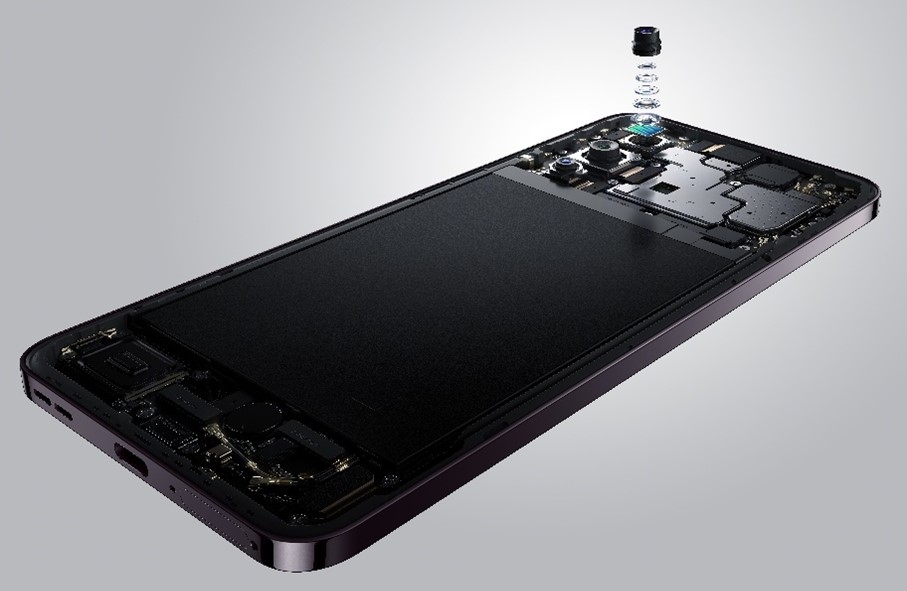This post is brought to you by OPPO.
Point-and-shoot cameras pioneered the concept of a compact, lightweight, and easy-to-carry camera that regular consumers and amateur photographers could easily use. When the first smartphone with a camera hit the market, they didn’t pose a threat to point-and-shoot cameras as they lacked the hardware, resolution, and quality.

But all that changed with the introduction of computational photography and capable mobile camera hardware thanks to advancements in technology driven by the mass availability of smartphones. Suddenly, mobile cameras can capture photos in difficult lighting conditions, automatically colour grade the photo, balance highlights and shadow, and accurately apply a bokeh effect.
Couple that with the rise of social media and powerful photo editing apps, and mobile photography became the default choice for regular consumers and amateur photographers.
From here, companies like OPPO are taking image production on their smartphones to the next level with the integration of artificial intelligence (AI), empowering users to create captivating images, and opening doors to endless possibilities in AI-driven smartphone photography.
At its core, AI enables computers to autonomously make decisions without human intervention. Machine learning, a subfield of AI, employs algorithms that learn from empirical data to make predictions. Deep learning, a subset of machine learning, further refines this process through neural networks, analysing complex data to produce precise outcomes.
In layman’s terms, machine learning is the process of feeding a computer a large amount of data for it to learn and understand the context or patterns. With this knowledge, the computer can be used to process and identify new data with similar contexts or patterns.
When machine learning is applied to mobile photography, it creates features like scene recognition that know how a scene is supposed to look and adjust the parameters accordingly to produce the best possible shot. Besides that, AI can identify objects and people in the scene and apply distinctive image processing on each to maintain their details and characteristics.
AI can also help with photo editing. Features like generative editing demonstrate AI’s potential to enhance the photography experience. The upcoming OPPO Reno12 Series will showcase technologies like “AI Eraser” that enable users to effortlessly remove unwanted elements like people from their photos.
With OPPO’s ColorOS 14, users can also access built-in editing functions powered by advanced AI, ensuring every adjustment is optimised for clarity and naturalness.
The global AI camera market is projected to reach USD23.1 billion by 2028, fuelled by consumer demand for technologically advanced devices equipped with AI and machine learning capabilities. Over the past decade, OPPO has filed over 5,000 AI-related patents, with about 70% focused on AI imaging.
Since 2020, OPPO has developed unique Large Language Models (LLMs) and has been a leader in large vision models and multimodal technology. In February of 2024, OPPO established an AI centre and introduced the AndesGPT, boasting 180 billion parameters, and showcasing the cutting-edge capabilities of AI in smartphones.
Notably, OPPO is the first smartphone company to deploy a 7-billion-parameter LLM directly on the device, introducing over 100 generative AI capabilities to its phones this year.
As AI technology continues to evolve, its influence on mobile photography will likely grow, further blurring the lines between professional and amateur photography and transforming how we capture and share the world around us. Enhanced AI features like built-in background scenes and face filters will continue to push the boundaries of creativity, ensuring every moment is picture-perfect.

With innovation from the OPPO AI centre and the brand’s commitment to making AI accessible across all devices, not just flagship models, future generations of OPPO smartphones will feature even more exciting AI enhancements. Stay tuned for the launch of the OPPO Reno12 Series on the 27th of June 2024 to discover how AI features will be elevated.








